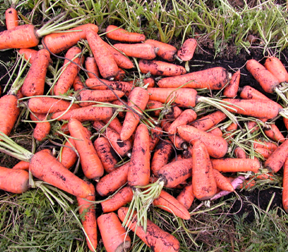
Steven Ingham, UW-Madison Food Science
Revised: 1/5/2007
Item number: XHT1143
Many vegetable gardeners swear by the benefits of manure as a fertilizer. Adding manure to soil improves the soil’s texture and water-holding capacity while providing nutrients needed by growing plants. Unfortunately, fresh manure can also contain bacteria that can contaminate vegetables and cause human disease. Proper composting will kill these bacteria, but steps must be taken to ensure that the manure gets hot enough for a sufficient time during composting. Storing manure in a pile will cause some death of disease-causing bacteria, but is not regarded as a reliable way to destroy them. The risk of bacterial contamination from manure is serious enough that USDA National Organic Program (NOP) rules specifically address when non-composted manure can be applied to soil used for vegetable production. The NOP rules state that if vegetables have edible parts that might contact the soil (either directly or via rain/irrigation splash), then manure must be applied at least 120 days before harvest. For a crop like sweet corn, where the edible portion is not exposed to soil, the limit is 90 days before harvest. In Wisconsin, 120 days can cover most of the vegetable growing season, so growers may be tempted to apply fresh manure in the spring, even though harvest will be less than 120 days away.
Can a shorter manure application-to-harvest interval be safely used by Wisconsin vegetable growers? Probably not. Recent results from my own research indicate that applying fresh cow manure 90, 100, or 110 days prior to harvest may significantly increase the likelihood that Eschericia coli (i.e., E. coli) bacteria from manure will contaminate vegetables. My research also found that the interval between manure application and planting is even more important than the fertilization-to-harvest interval. This is because vegetables are most sensitive to bacterial contamination just after sprouting.
What are the safest options for Wisconsin vegetable growers? I recommend three possible ways to apply manure to vegetable-growing soils in Wisconsin. Growers should either 1) use properly composted or otherwise sterilized manure (from a commercial source or your yard) for application during the current growing season, 2) apply non-composted manure in the fall before crops are planted the next spring, or 3) apply non-composted manure as soon as possible in the spring and then only plant fall-season crops in the fertilized soil. For example, apply manure in April, plant radishes in August, and harvest radishes in September. If growers use option 3, great care should be taken to keep manure away from spring and summer-season crops. Avoid problems from runoff, and from tracking manure from one part of the field to another on boots or tools.
What about pet wastes? Pet wastes (as well as human wastes) should not be used to fertilize soil in which vegetables are grown.
Do the practices discussed above guarantee safety? Fresh produce is never risk-free. Even if proper fertilization procedures are followed, birds and other wildlife can still transfer bacteria to your crops. Washing produce will reduce the risk of contamination, but will not ensure safety. Thorough cooking of vegetables usually destroys disease-causing bacteria. If you use good manure-handling practices in your garden, the health benefits of a produce-rich diet are far greater than the risk of food-borne illness.
For more information on proper manure use and composting: Contact your county Extension agent.
Download Article


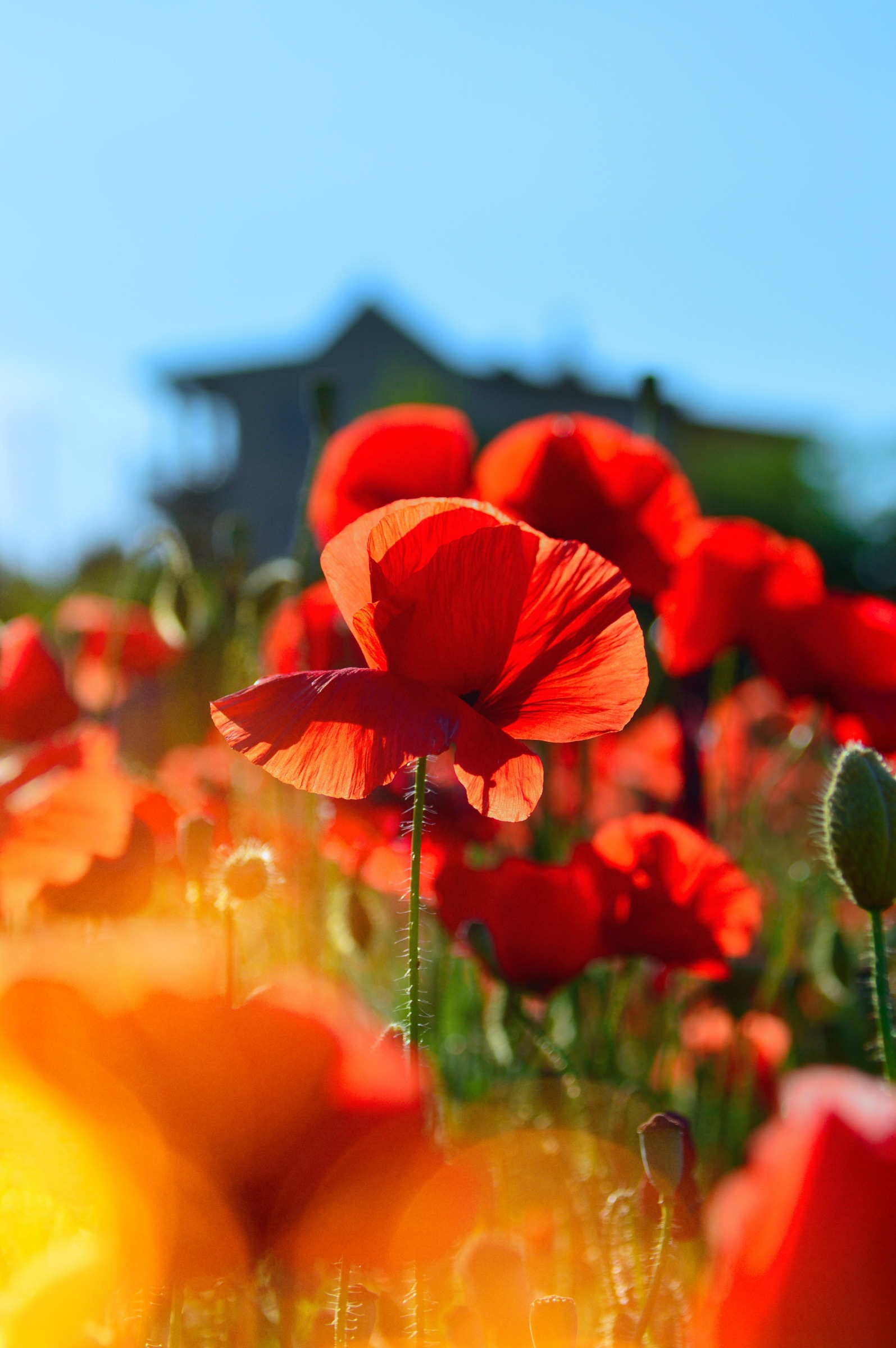
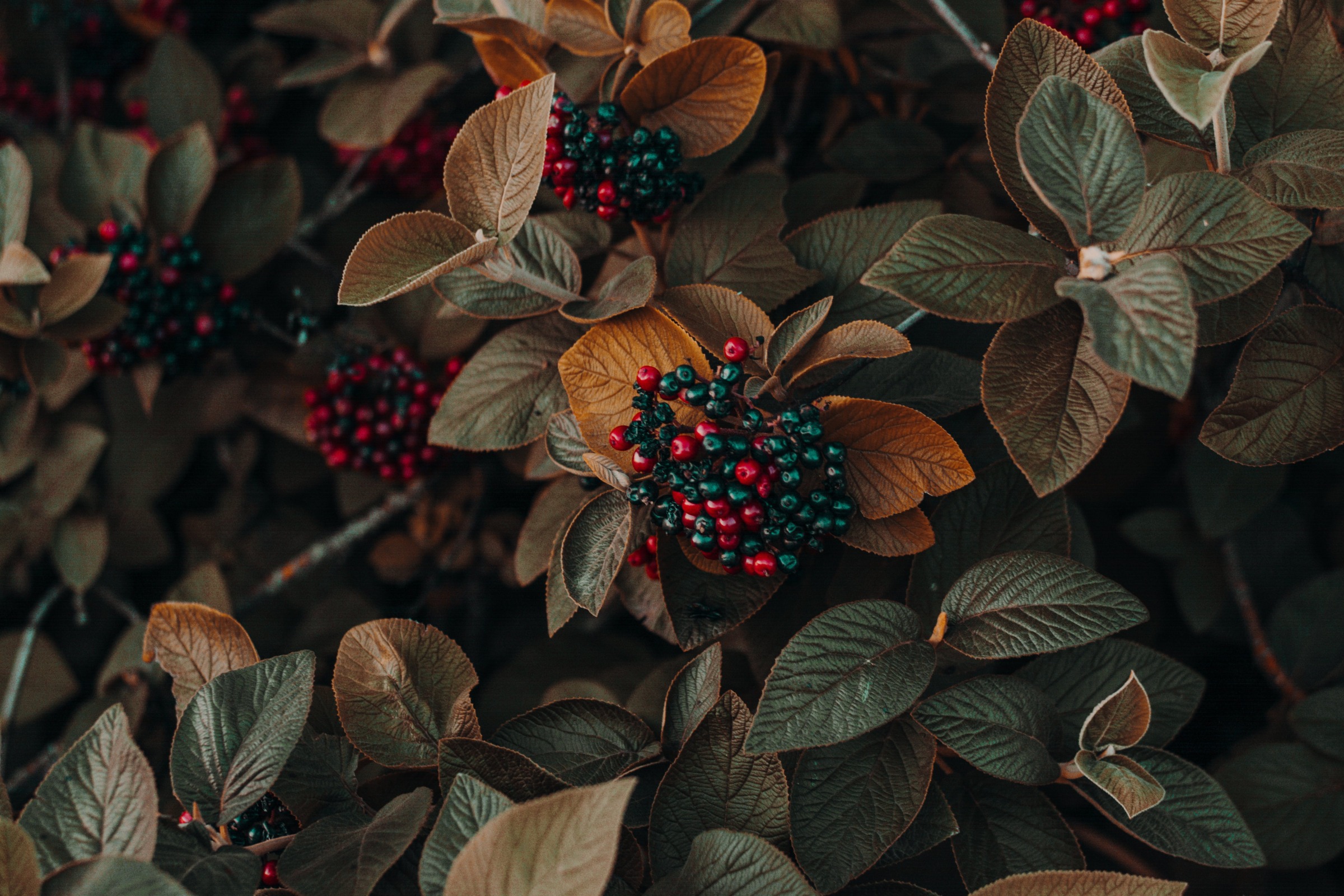

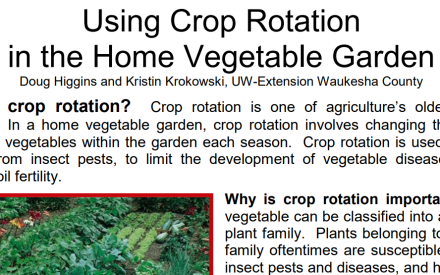 Using Crop Rotation in Home Vegetable Garden
Using Crop Rotation in Home Vegetable Garden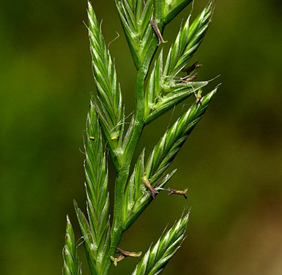 Using Cover Crops and Green Manures in the Home Vegetable Garden
Using Cover Crops and Green Manures in the Home Vegetable Garden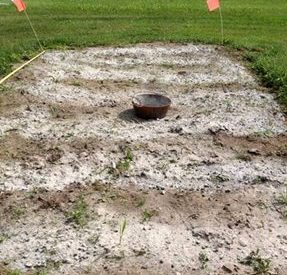 Using Wood Ash in the Home Garden
Using Wood Ash in the Home Garden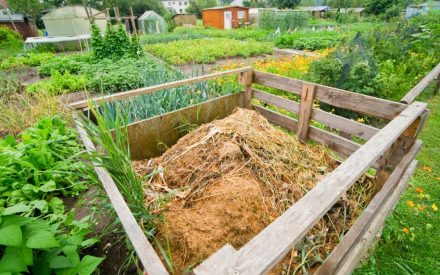 Making and Using Compost in the Garden
Making and Using Compost in the Garden


